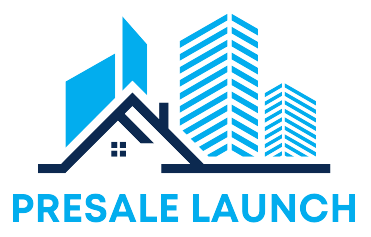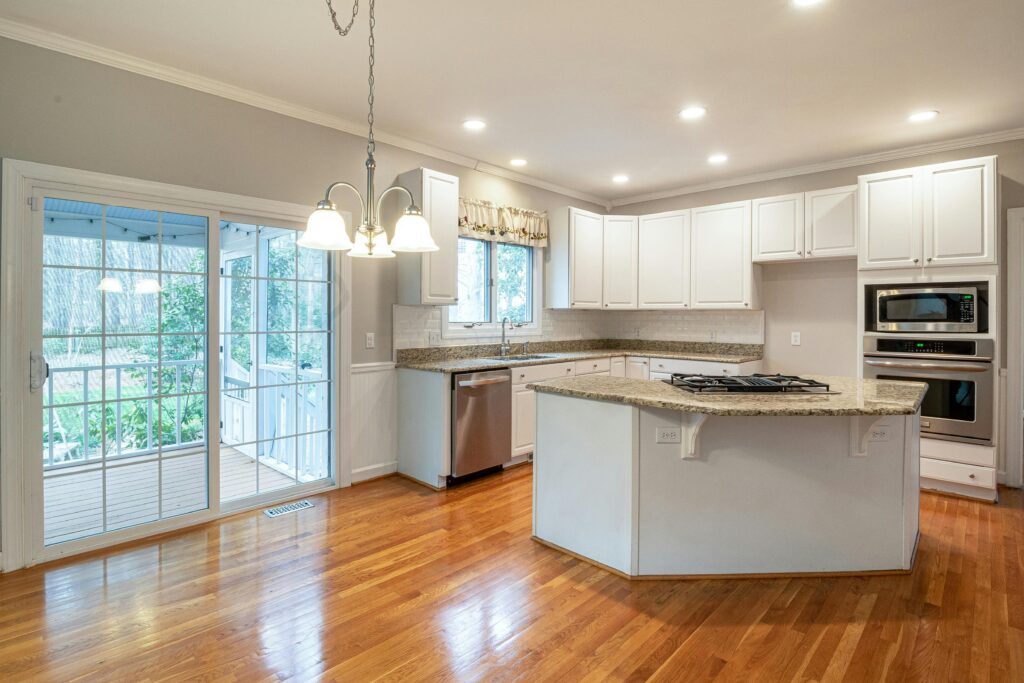Deciding whether to rent or buy a home in Vancouver is a significant financial decision, particularly given the city’s competitive real estate market. To provide an informed comparison, I have evaluated the potential outcomes of renting versus purchasing an $800,000 two-bedroom condo over a 10-year period.
For this analysis, I assume that the purchase price of the condo is $800,000. A buyer would typically make a 20% down payment, which in this case amounts to $160,000, and finance the remaining 80% ($640,000) through a mortgage. The mortgage is assumed to have a 5% interest rate and is amortized over 25 years, resulting in monthly mortgage payments of approximately $3,739. When adding $600 in monthly condo fees, the total monthly cost of ownership comes to about $4,339.
On the other hand, the average monthly rent for a similar two-bedroom condo in the Greater Vancouver area is approximately $3,778. This figure provides a reasonable basis for comparing the cost of renting with the cost of ownership.
The difference between the monthly cost of owning and renting is about $561, representing potential monthly savings for someone who opts to rent instead of buy. In this scenario, I assume that these monthly savings, along with the $160,000 initial down payment, are invested at an annual return rate of 4%, which is net of taxes. This return rate accounts for a 30% tax on investment income, although individual tax rates can vary based on other income sources.
After 10 years, the total value of the $160,000 down payment and the monthly savings invested at a 4% annual rate of return would be approximately $252,856. In contrast, for those who choose to buy, assuming a 4% annual appreciation in property value, the home’s value would increase to about $1,184,111 over the same period. At that point, the remaining mortgage balance would be around $503,000, leaving the homeowner with approximately $681,111 in equity.
This comparison reveals that, under these assumptions, buying results in greater financial benefits over 10 years. Homeowners would accumulate approximately $681,111 in equity, which surpasses the $252,856 that could be gained from investing the difference after renting. Additionally, it is important to note that the capital gain from homeownership is tax-free due to the principal residence exemption, further enhancing the financial advantage of owning a home.
Of course, actual results may vary, as future real estate price appreciation and the rate of return on investments over a decade cannot be accurately predicted. This analysis also does not factor in hidden costs of homeownership, such as major repairs, ongoing routine maintenance, home insurance, and property taxes. Additionally, it assumes that renters will consistently invest the down payment and monthly savings, which requires significant discipline.
While the financial analysis suggests that buying can be advantageous under these specific assumptions, personal factors must also be considered. Homeownership offers stability, potential tax advantages, and the satisfaction of owning a property, while renting provides flexibility and requires a lower initial financial commitment. Ultimately, the decision between renting and buying should take into account both financial potential and individual lifestyle preferences and long-term goals.

